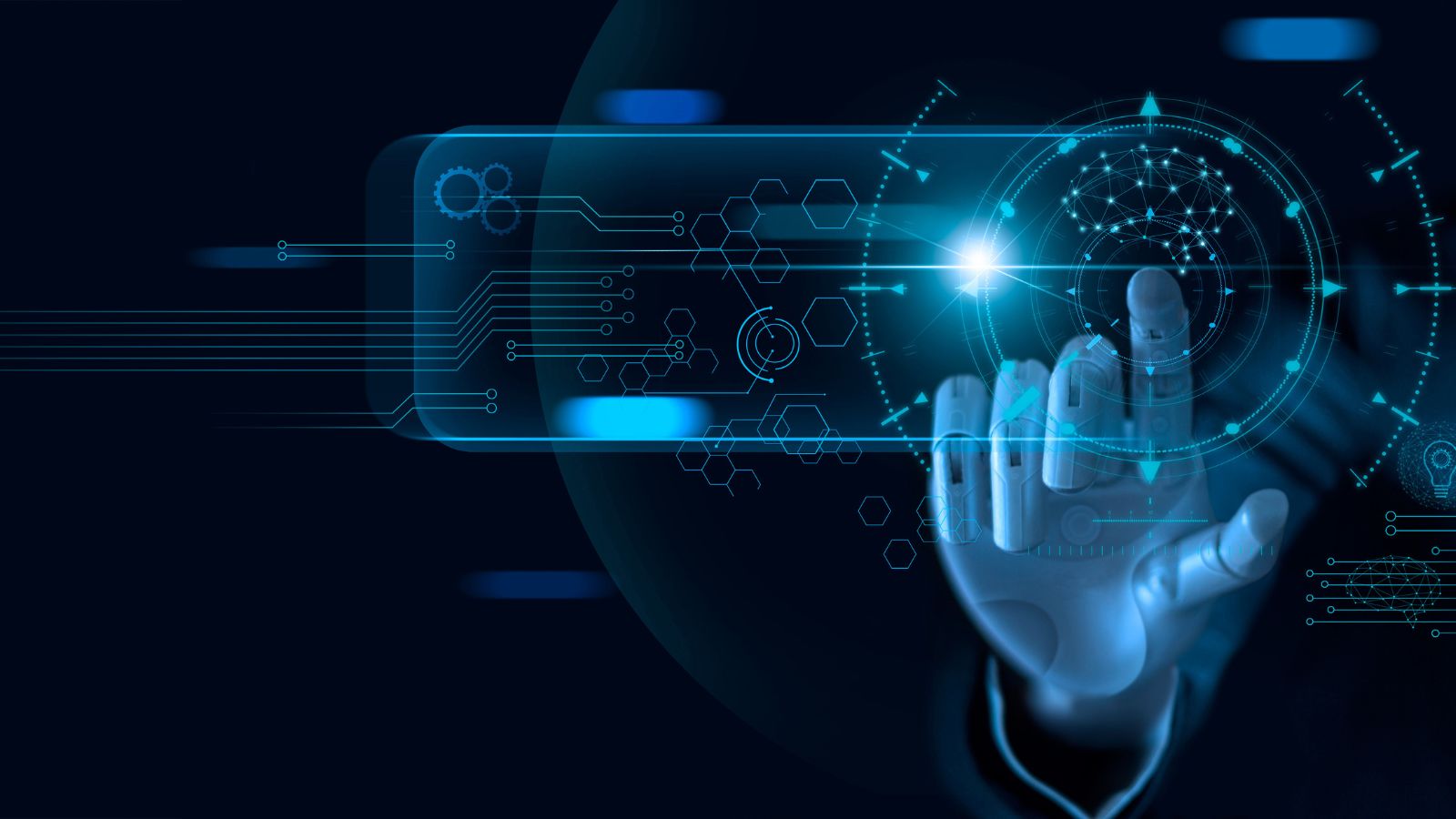Artificial Intelligence (AI) is moving out of science fiction and into the reality of the way we are living, working, and interacting. AI-powered tools and services affect virtually every aspect of our lives, even before we realize what they actually are, as early as when we awaken in the morning and up to the point we get to sleep. In this blog, we will discuss how AI is making a difference in our lives, making things much more efficient and making us find smarter ways of addressing our daily problems. Another aspect that we will mention is the necessity of upskilling with the help of AI courses in order to take full advantage of these changes. Click on keynote speakers agency for more information.
Introduction – Understanding AI’s Role in Modern Life
The adoption of AI courses is growing at an unprecedented pace as individuals and professionals recognize the importance of understanding AI technologies. Artificial Intelligence is no longer an abstract concept; it is embedded in tools we use every day—voice assistants, navigation apps, e-commerce recommendations, healthcare diagnostics, and more. AI is bridging the gap between human potential and technological capability, making our lives more connected and intelligent.
The integration of AI into daily life can be broadly categorized into four key areas: personal convenience, professional productivity, decision-making, and societal impact. Let us examine how AI touches each of these dimensions.
1. AI in Personal Convenience
AI has simplified our daily tasks by making devices and services smarter. Some examples include:
- Smart Assistants – Voice-controlled assistants like Alexa, Siri, and Google Assistant help with reminders, music, smart home control, and quick information retrieval.
- Personalized Entertainment – Streaming platforms use AI algorithms to suggest movies, shows, and music based on viewing patterns.
- Navigation and Travel – AI-driven GPS apps predict traffic, recommend routes, and even suggest the best departure times to avoid congestion.
Impact: These tools save time, enhance user experience, and make technology more intuitive.
2. AI in Professional Productivity
AI-powered applications are boosting workplace efficiency and enabling smarter workflows:
- Automated Scheduling – Tools like Calendly and Microsoft Outlook use AI to schedule meetings and avoid conflicts.
- Document Processing – AI can summarize, translate, and analyze large amounts of text within seconds.
- Email Management – Intelligent filtering systems categorize emails, flag urgent ones, and detect spam.Impact: Professionals can focus more on strategic tasks rather than repetitive processes, leading to better time management.
3. AI in Smarter Decision-Making

From individuals to large corporations, AI is enabling faster and more informed decisions:
- E-commerce Recommendations – Online shopping platforms use AI to suggest products you are most likely to buy.
- Financial Planning – AI-powered budgeting apps analyze spending patterns and recommend savings strategies.
- Healthcare Diagnostics – AI tools assist doctors in detecting diseases earlier through image recognition and predictive analytics.
Impact: Decision-making becomes data-driven, minimizing guesswork and improving accuracy.
4. AI in Societal Impact
Beyond individual use, AI plays a significant role in addressing societal challenges:
- Education – AI-driven learning platforms personalize lessons for students based on their strengths and weaknesses.
- Public Safety – Predictive policing tools help law enforcement allocate resources more effectively.
- Sustainability – AI optimizes energy usage in cities, monitors pollution levels, and supports environmental conservation efforts.
Impact: AI contributes to building more sustainable, safe, and equitable communities.
5. Why Learning AI Matters Now
With the popularization of AI in everyday life, it is important to learn the basics of it. Knowledge of AI can assist a student, professional, or entrepreneur to embrace the changing world and also stay relevant. By pursuing AI coursework, you would have practical expertise in such domains as machine learning, natural language processing, and computer vision, and would be able to contribute to the development of the AI-powered revolution.
Conclusion – Preparing for an AI-First Future
AI’s influence on daily life is undeniable, from simplifying personal tasks to driving large-scale societal progress. It is reshaping industries, redefining job roles, and creating new opportunities. However, to truly benefit from this transformation, individuals must proactively acquire AI skills. Choosing the top AI courses in India can be a strategic step in preparing for an AI-first future, where technological literacy will be as essential as traditional skills. By embracing AI education today, we can ensure that we are not just users of AI but also contributors to its ongoing evolution.



